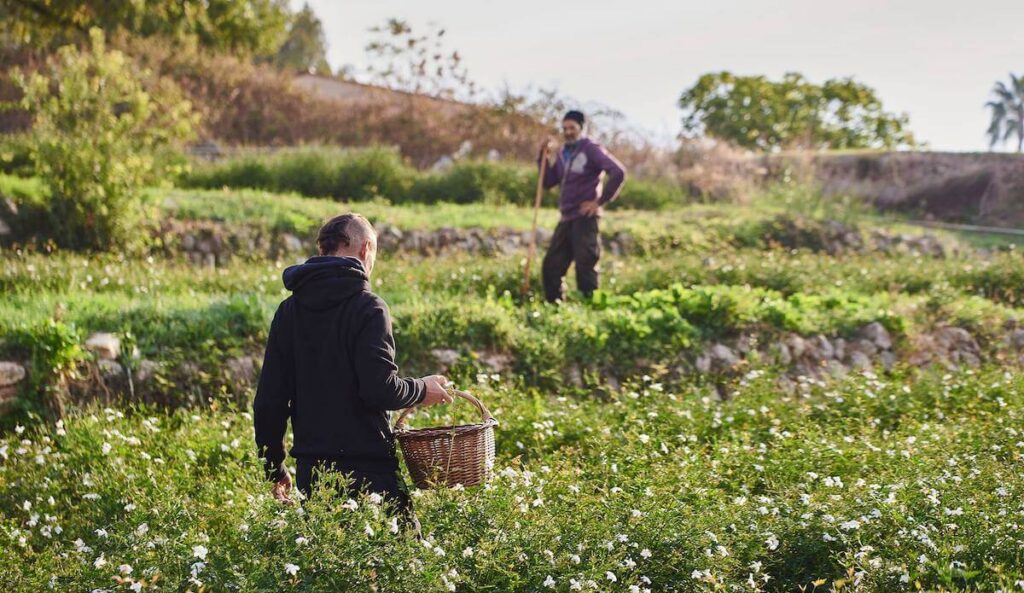When Covid-19 came to land of French fragrance, flowers bloomed only for some

If perfume shops are grappling with the consequences of the pandemic, fragrance producers can’t believe their luck.
For months, the French government’s tourism aid fund overlooked them completely. The historic perfume shops of Grasse had to wait until November, and a few interventions by the president of the Côte d’Azur Tourism Committee and the mayor of Grasse, to be considered tourism-related businesses carrying unique know-how. Only then, were they finally able to access funding to cover unemployment, amongst other things.
Perfumes shops have had a struggle
And yet, Grasse’s perfumers have been battling with the pandemic and its after-shocks since March. It’s been a tough year for a sector that relies on foreign customers for 70% of their perfume sales. Lockdowns and travel bans ensured that international clients – and their high purchasing power – were completely absent.
>> READ MORE: Land of French fragrance: Grasse perfume awarded PGI label
And to add insult to injury, airports, now emptied of travelers, have closed duty free shops, explains Julien Maubert, head of the raw material division at Robertet: “The suffering French perfumery market is now also impacted by a travel retail market which has been at a standstill and which is having trouble starting up again, due to the drop in the drop in the number of flights.”
For fragrance producers, however, it’s a different story
Grasse’s fragrance makers, however, tell a different story. Robertet, which produces raw materials, only saw a 4% drop in turnover by June 2020. “Not all the sectors we supply have been impacted in the same way by the pandemic, which obviously helps us limit the damage.”
If something contains a flavour, it can be preserved.
While the fine perfumery sector has been hit hard, fragrance producers can tell a different story because they also supply hygiene and household products and food flavourings. “In any case,” jokes Julien Mauber, “if something contains a flavour, it can be preserved.”
>> READ MORE: How yachting escaped the Covid crisis by offering a ticket out of the pandemic
Robertet’s 900 employees, half of whom work in production, were able to continue working. “Globally, it is a resilient industry,” says Julien Maubert. “We’ve obviously lost some of our turnover but we’re not complaining. We’re one of the lucky ones. we’ve managed to get through the crisis in relatively good conditions.”
Resilience and adaptation are key words
The perfume industry, like all other industries, has had to adapt to Covid-19, sometimes in very practical ways. “We have been authorised by the French Government to produce hand sanitiser,” explains Philippe Massé, president of Prodarom, the national union of aromatic products, based in Grasse. Thanks to the repurposing, the turnover of professionals represented by Prodarom only fell by 2.5% over the first nine months of 2020.
However, such low figures hide significant earning disparities between union members. Philippe Massé also laments the absence of foreign students at the ASFO, Grasse’s perfume school. However, once again, the town and its economic actors adapted. The school, which trains students in fine chemistry, perfumery, fragrance, and cosmetics, is now fully digital.
>> READ MORE: How has Monaco’s real estate market reacted to the pandemic?









